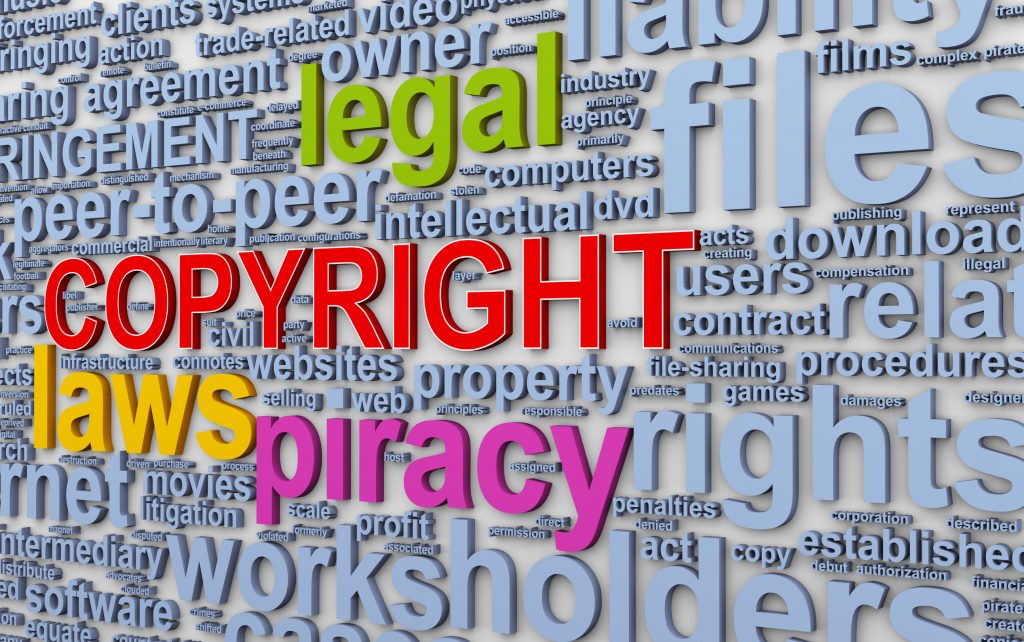THE FALLACIES OF COPYRIGHT INFRINGEMENT

Since existence, false information has polluted the web…
Copyright as we all know is a complicated law to grasp. So inevitably, when i first came into contact with copyright I was exposed to a great deal of myths and misconceptions. Confessedly, despite my attempt to keep myself clear of entanglements, I (like many) still fell into the trap of believing the majority of things I heard through the grapevine.
Along with time, my experience within the law developed and I became more and more aware of which ‘laws’ were simply misapprehensions.
The laws of copyright can be unclear, so I am here to lend a helping hand and uncover the most common misunderstandings of the act in hope that after reading this article, you will be able to expertly tell the difference between a copyright fallacy and fact.
FALLACY 1: YOU CAN COPYRIGHT A NAME
The myth that ‘You can copyright a name’ is by far the most commonly believed in regards to all the copyright laws out there. No, I’m not referring to business names, album/song names etc (which can in fact be protected with trademark), I am talking about names in view of people. Names aren’t deemed specific enough to be given protection; therefore there isn’t a law out there that will allow you to legally penalize someone for using your name, or vice versa.
FALLACY 2: YOU NEED TO HAVE A © FOR IT TO BE PROTECTED WITH COPYRIGHT.
A lot of people in the past have tried telling me that I need to register my work in order to protect it, it was not until I decided to research the law I discovered it was in actual fact a myth. Although many decades ago you would’ve had to have had a copyright notice informing users that the content is protected by the copyright law, nowadays your work is guarded from the instant it is created.
Registration is completely optional, however it is advised (predominantly if you are planning to sue anyone who violates your rights). In the United States, the court only deems you liable to receive statutory damages for infringement if you have registered your work on a timely basis. With that being said, registering a piece of work doesn’t offer you any extra protection; it just ultimately entitles you more money if you ever sue.
FALLACY 3: YOU CAN LEGALLY COPY 10% OF CONTENT WITHOUT IT BEING CLASSED AS INFRINGEMENT.
There is no such thing as the rule that you can copy 10% of content; no law states a specific percent of which you can copyright, instead judges will concentrate entirely on the quality of work while assessing the potential infringement- rather than the quantity. I assume that the 10% ‘rule’ has came from an unrefined guide as to how much u can copy and get away with, but its important to comprehend that the law states you are absolutely breaking the law copying a person’s work; there isn’t a specified amount that can be taken without a risk…
FALLACY 4: YOU CAN REGISTER WORK BY MAILING IT TO YOURSELF
This myth is most commonly known as the ‘poor man’s copyright’ – the idea that you create a piece of work, and instead of paying to register it properly, you mail the piece of work to yourself to provide proof and establish U.S copyright protection. People believe this myth to be a cheaper alternative for registration, and though this does sound like an excellent suggestion, there is just one complication with the method: the law is anything but genuine.








